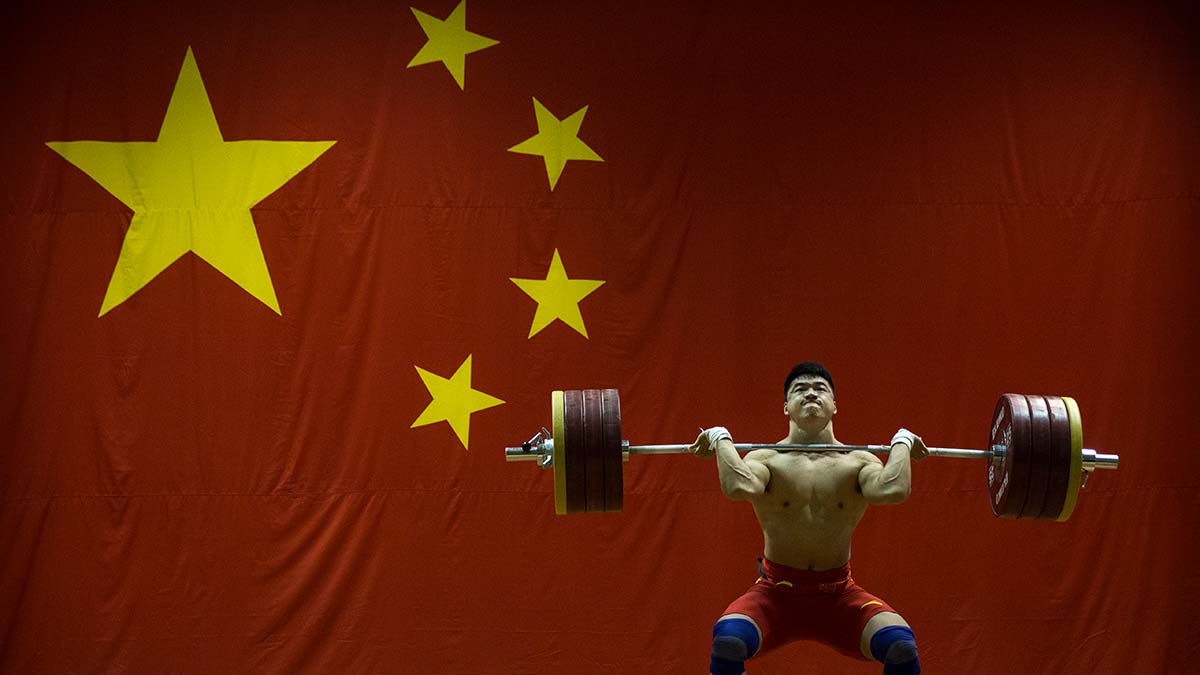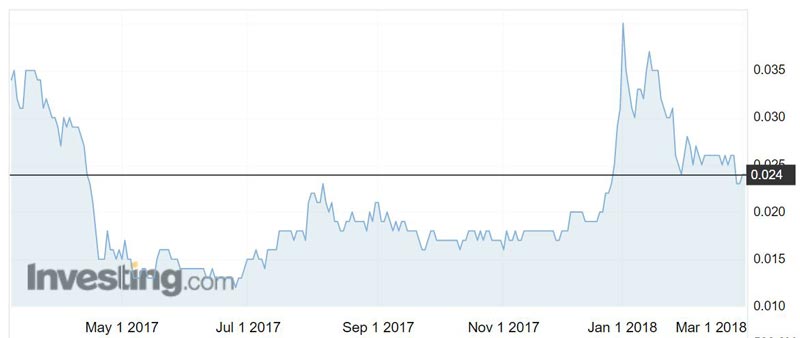‘Seriously cool’: Atlas Iron strikes lithium deal with Chinese heavyweight

(Getty Images)
Atlas Iron has inked a deal to export low-cost “DSO” lithium from Pilbara Minerals’ Pilgangoora project in Western Australia to China.
DSO lithium requires only simple crushing before it is exported, which keeps costs low.
Atlas (ASX:AGO) will sell up to 1.5 million tonnes of lithium to State-backed heavyweight Sinosteel over a 15-month period on a fixed priced basis.
Atlas struck a deal in December year to buy DSO lithium from Pilbara Minerals (ASX:PLS), starting in the June quarter this year.
The two companies have ties. The head of Pilbara Minerals, Ken Brinsden, is a former managing director of Atlas. And there are a number of other ex-Atlas execs at Pilbara Minerals.
Atlas estimates it will make a tidy net profit of between $15 million to $30 million.
Even better for Atlas — there is no capital outlay required.
“Who gets to make potentially $30 million for no capital? That’s seriously cool,” managing director Cliff Lawrenson told Stockhead.
- Bookmark this link for small cap breaking news
- Discuss small cap news in our Facebook group
- Follow us on Facebook or Twitter
- Subscribe to our daily newsletter
Pilbara Minerals will mine the ore at its Pilgangoora project, 120km South East of Port Hedland in Western Australia’s Pilbara region.
Atlas will buy the ore at the mine gate and crush it at its Mt Dove operation, 65km south of Port Hedland, before transporting it to Utah Point in Port Hedland for shipping.
“We don’t currently have our own lithium mine,” Mr Lawrenson said. “What we have that [Pilbara Minerals] don’t have is all the infrastructure network across our system to export crushed material.
“It’s a clever little deal because they’ve got the lithium mine and we’ve got the ability to take that material once it’s mined and we can crush it, which we’re doing, and we can truck it and we’ve got all the infrastructure and capacity.”
Atlas stepped down from 15 million tonnes last year to 10 million tonnes this year. So it currently has spare capacity.
“So we’re filling it with other products and lithium is the first of them,” Mr Lawrenson said.
The move is part of Atlas’s strategy to diversify its revenue sources. Atlas came close to collapse a couple of years ago when iron ore prices tumbled below US$50 ($64.36) a tonne from the peak of nearly US$200 a tonne in 2011.
The iron ore price crash has seen Atlas’s share price fall massively from $4.34 in mid-2011 to the 2.4c it is trading at currently.

Atlas slipped to a loss of $21.3 million in the last six months of 2017 from a profit of $18.9 million in the back half of 2016.
The company is also exploring for lithium at its Pancho project and rock chip sampling suggests there is spodumene there.
Spodumene is the main lithium bearing mineral mined from most hard rock lithium mines around the world.
“Our plan is to by the time this contract runs out in 12 to 18 months if both sides want to continue with it we’ll continue, but if we’ve got spodumene available ourselves then we’ll do it ourselves,” Mr Lawrenson said.
And there is no shortage of interest from Chinese players.
“There are numerous players in China,” Mr Lawrenson said. “There is almost an insatiable demand for lithium credits into China. Yesterday I had a group of Chinese people in here saying can we have some as well.”
Atlas shares were steady at 2.4c by 12.30pm AEDT on Friday.
UNLOCK INSIGHTS
Discover the untold stories of emerging ASX stocks.
Daily news and expert analysis, it's free to subscribe.
By proceeding, you confirm you understand that we handle personal information in accordance with our Privacy Policy.








